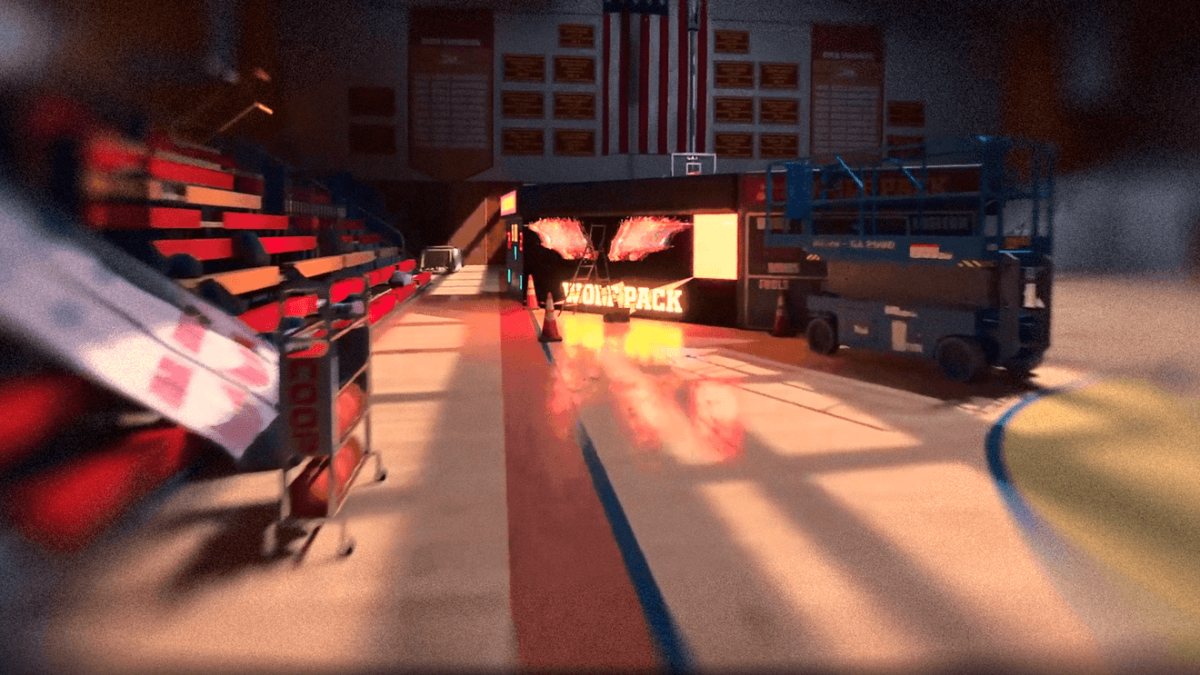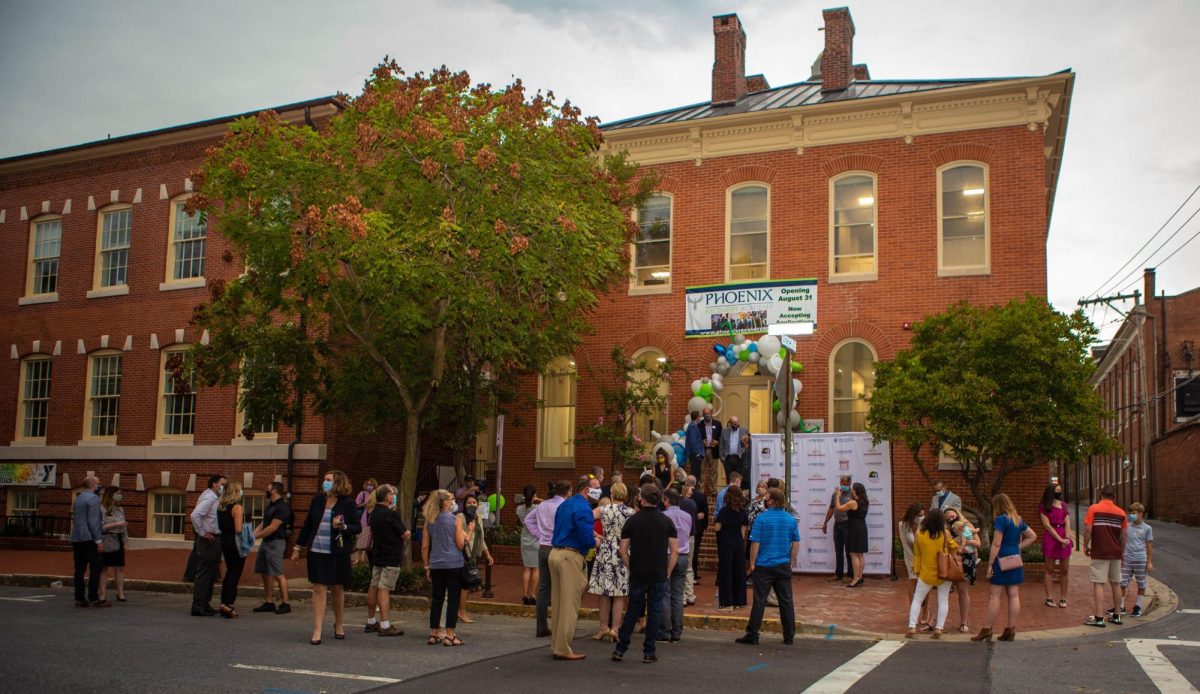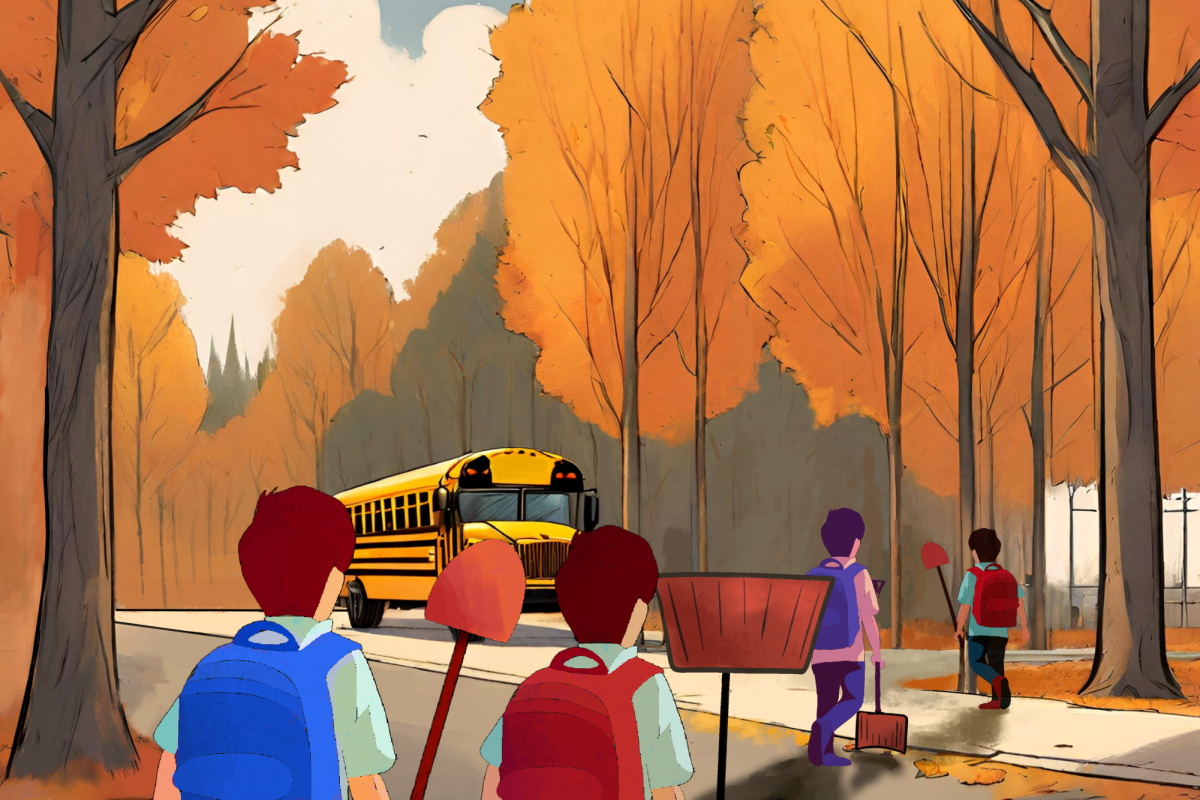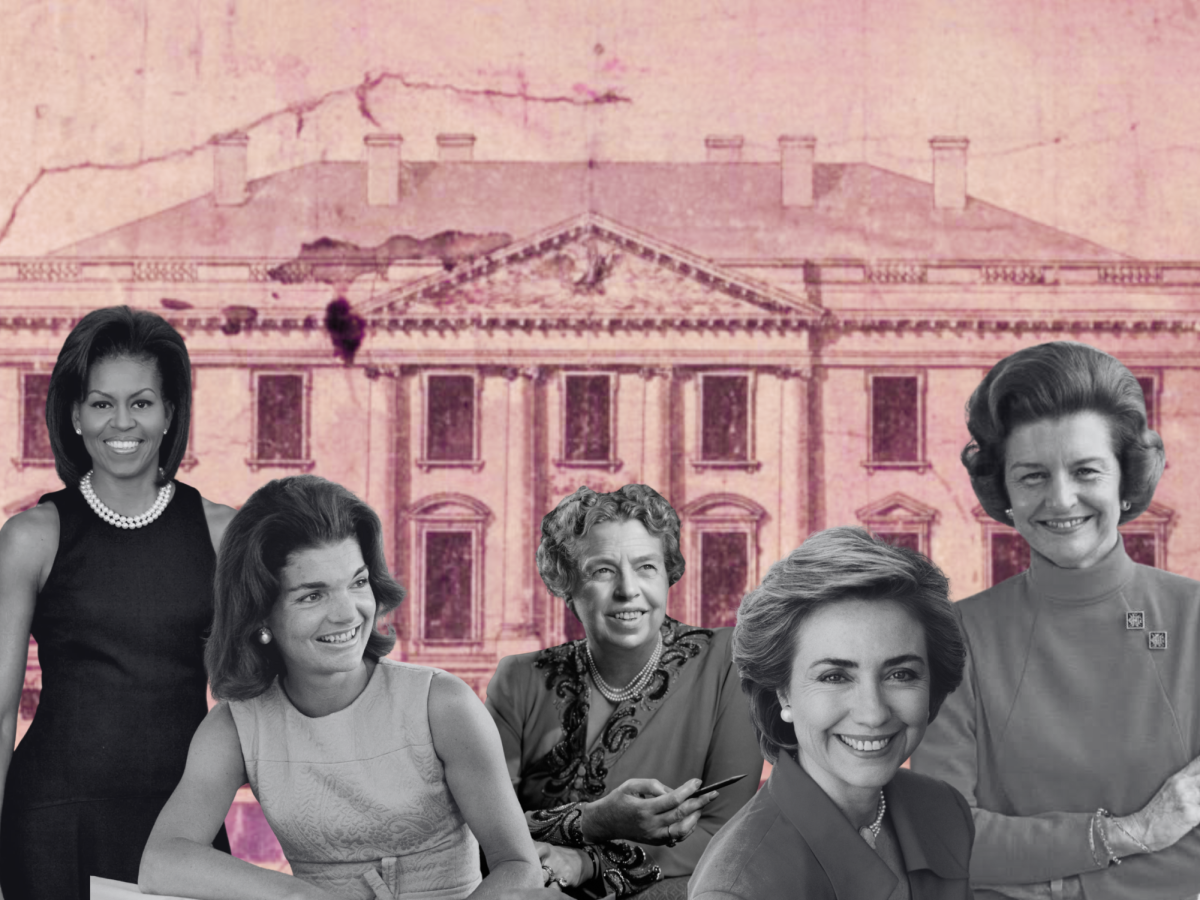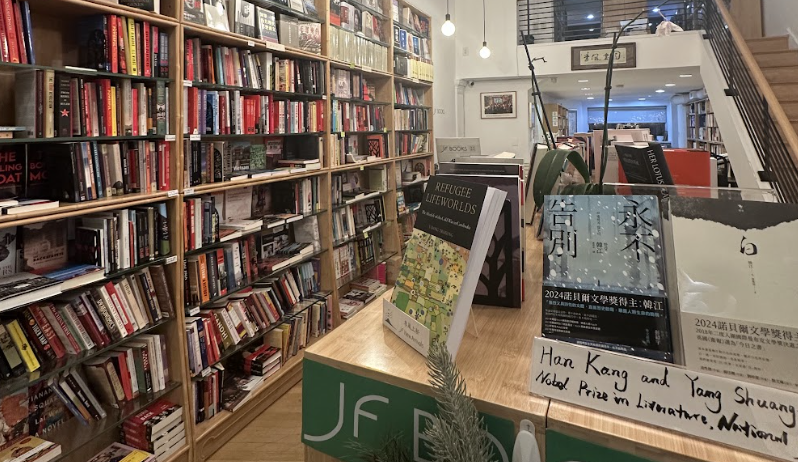Since it began 19 years ago, the D.C. Environmental Film Festival has presented roughly 150 environmental-themed films every year. The films, which range from documentaries to animated movies, will be shown in 60 theaters throughout the D.C. area March 15-27.
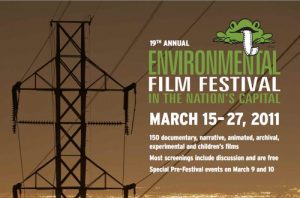
“We have a broad definition of the environment,” festival publicist Helen Strong said. “It’s not just the natural world, but the total environment. We try to show people that it’s all around us, not just in natural resources.”
Former documentary maker Flo Stone established the festival in 1993. She believed people should pay more attention to the environment, so she worked with local organizations, like the National Portrait Gallery and AFI Silver Theater, to present a variety of topical films.
Most of the films are free, but some theaters, like the AFI Silver in Silver Spring, still charge regular ticket fees for the festival’s screenings.
To find films for the festival, committee members go to other festivals around the country. Independent filmmakers can also directly submit films to Stone.
When looking at films, Stone looks for those that take the audience to “new places.” She also tries to get filmmakers to speak to about their work for audiences.
Local filmmaker Cintia Cabib will be one of the directors speaking at the festival. She’ll discuss her film “A Community of Gardeners,” which follows the gardeners of seven D.C. community gardens.
“My purpose was to show people that community gardens go beyond just growing fruits and vegetables,” she said. “For immigrants, it’s a link to their homeland, and for many gardeners, it’s therapeutic. It’s an oasis in the city.”
Sandy Cannon-Brown, the associate director of American University’s Center for Environmental Filmmaking, commends the festival for showing the visual appeal of the environment as well as the concerns associated with it. She, too, has shown her films in the festival.
“I care about our environment and want to do what I can to help protect and conserve it,” she said.
Cannon-Brown hopes the festival will continue to be successful and raise awareness about the environment.
“The festival is extremely important,” she said. “It opens people’s eyes to the beauty — and threats — to our natural environment.”




